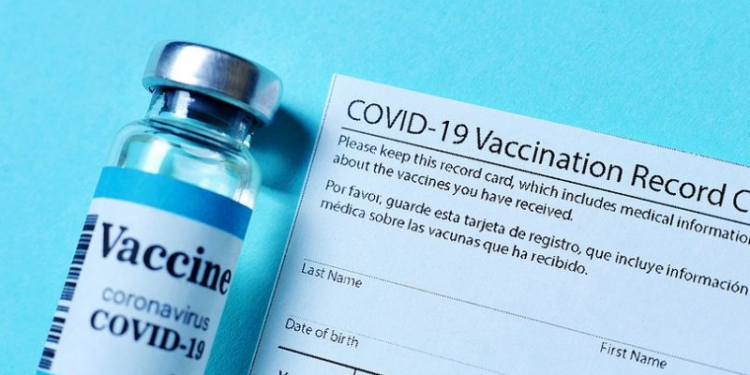COVID-19 vaccinations have been a hot topic of conversation in workplaces across the United States since they became widely available in late 2020. However, the rules and regulations surrounding vaccine mandates have been evolving, particularly in the state of Texas.
Late last year, the Texas legislature passed Senate Bill 7 (SB 7), a law that effectively bans COVID-19 vaccine mandates in private workplaces. Governor Greg Abbott signed the bill into law, and it became effective as of February 6, 2024. The law, codified at Chapter 81D of the Texas Health and Safety Code, not only prohibits private employers from adopting or enforcing vaccine mandates but also authorizes an administrative penalty for non-compliance.
Two important provisions are outlined in the new law. Firstly, employers are prohibited from mandating COVID-19 vaccinations as a condition of employment or contract positions. Employers who violate this provision may be required to pay a penalty of $50,000 to the state. However, if the employer takes steps to mitigate the negative action taken against an employee or applicant, such as rehiring a dismissed employee or hiring an applicant who was previously denied due to vaccination status, this penalty may be avoided.
The second provision of the law focuses on protecting employees from adverse actions by their employers. Adverse action is defined as any action taken by an employer that a reasonable person would consider as punishment, alienation, or any adverse effect on an employee, contractor, applicant for employment, or applicant for a contract position. Employers must take reasonable precautions to avoid adverse actions based on vaccination status, such as termination or differential treatment.
There is a limited exception to the adverse action provision for Health Care Facilities, Health Care Providers, and Physicians. These entities may establish and enforce reasonable policies that require the use of protective medical equipment by unvaccinated employees or contractors based on the level of risk they pose to patients due to routine and direct exposure.
Violations of the law can have serious consequences. In addition to the $50,000 penalty, the Texas Workforce Commission, the state administrative agency responsible for enforcing workplace laws, may request that the Texas Attorney General bring an action for injunctive relief against employers who violate the law to prevent further violations.







